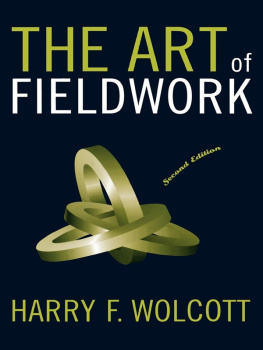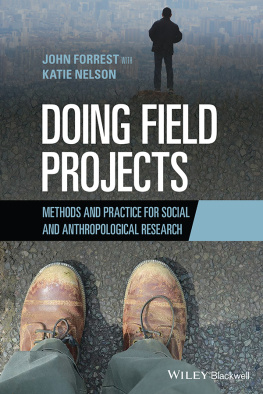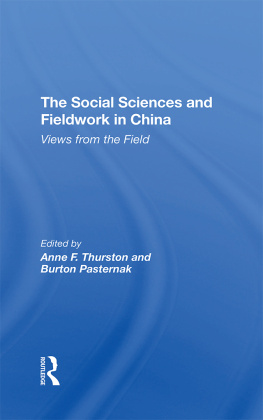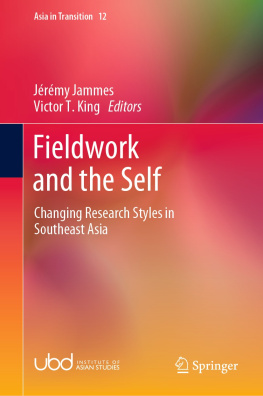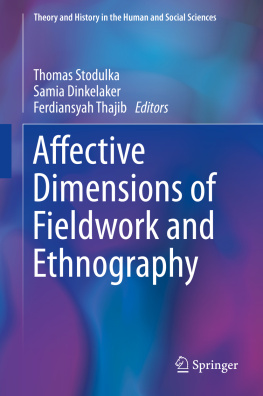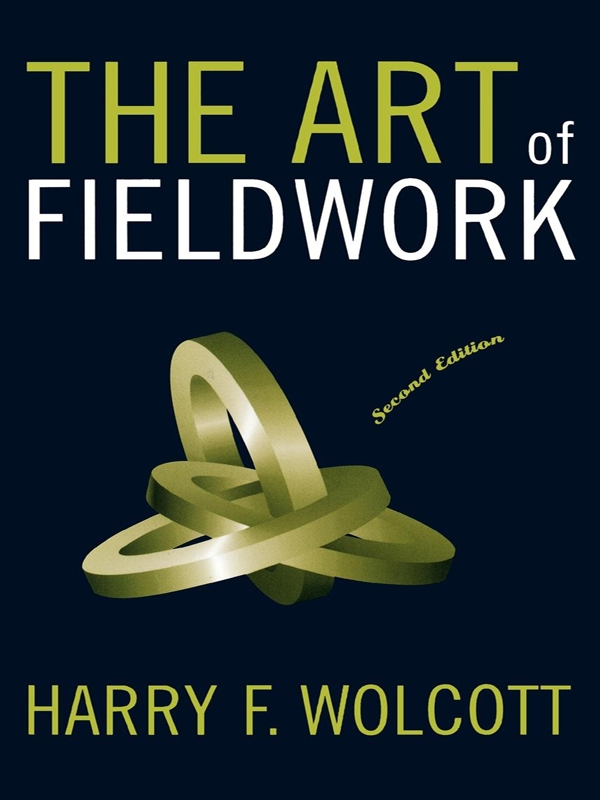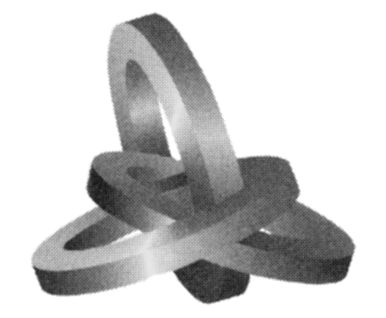ABOUT THE AUTHOR/ABOUT THE BOOK
H arry Wolcott began doing fieldwork in 1962, began writing up fieldwork in 1963, began lecturing about fieldwork in 1967, and began writing about the doing of fieldwork in 1970. He has been engaged in these pursuits ever since. On completing doctoral studies at Stanford University in 1964, he accepted a position at the University of Oregon as a research associate in its newly funded Research and Development Center in Educational Administration. Having survived four decades of administrative changes, he is still at Oregon. He has served on the faculties of education and anthropology and is now professor emeritus in the Department of Anthropology.
This second edition of The Art of Fieldwork incorporates more than fifteen years of his publishing history in association with Mitch Allen, publisher of AltaMira Press, now a division of Rowman & Littlefield. That association began in 1988 when Mitch approached him about writing a monograph for the Sage series on qualitative research. Following that, Mitch asked then, as he has asked ever since, What are you going to do for us next? The answer on that occasion was a proposed collection of several chapter-length pieces to be combined with some new material and published as Transforming Qualitative Data. Before Mitch could ask his perennial question again, he had his own imprimatur, AltaMira Press. Wolcott was given the option of publishing The Art of Fieldwork under Mitchs aegis or staying with the parent firm. He opted to go with AltaMira Press.
By the time Wolcott completed Ethnography: A Way of Seeing, Mitch and AltaMira Press had joined forces with Rowman & Littlefield. At Mitchs urging, Wolcott next developed the story of the Sneaky Kid from a life story that began in 1980. After Sneaky Kid and Its Aftermath: Ethics and Intimacy in Fieldwork was completed in 2002, a revision of The Art of Fieldwork seemed overdue, and here it is.

The Art of Fieldwork was something of a complement to those two earliest Sage publications, giving attention both to fieldwork and to the essential mindwork that must accompany it. Its focus is on the distinction between the orderly activities of data gathering and whatever else is involved that makes fieldwork more than just that. This is not to insist that fieldwork is art, but rather to suggest that the doing of fieldwork calls for qualities we associate with the imaginative and creative work of the artist as much as it calls for the systematic efforts of the scientist. That remains the books purpose and focus.
The success of the first edition of The Art of Fieldwork left its author cautious about editing it for a second. His goal was to leave what worked, to improve what didnt, and to update the text to include current sources as well as to preserve the original ones. While Wolcotts own orientation is ethnographic, the book deals with fieldwork in general.
A number of people helped with the first edition and are acknowledged there. For this revision the author once again asked Mark Wohl to cast a sharp editorial eye over the entire manuscript, the earlier material as well as the new. Subsequently, Jen Kelland did a masterful job of copy-editing. Thanks are due also to Johnny Saldaa and, as always, to Mitch Allen for timely suggestions.
REFERENCES AND SELECT BIBLIOGRAPHY
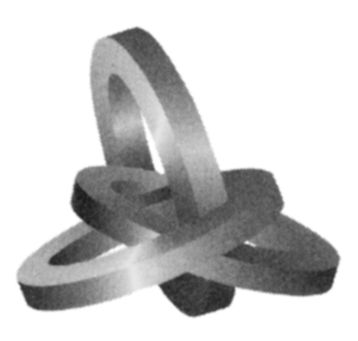
| Adler, Patricia A., and Peter Adler |
| 1994 | Observational Techniques. In Handbook of Qualitative Research. Norman K. Denzin and Yvonna S. Lincoln, eds. Pp. 377-392. Thousand Oaks, CA: Sage. |
| Agar, Michael H. |
| 1996 | The Professional Stranger: An Informal Introduction to Ethnography. 2nd ed. New York: Academic Press. |
| Atkinson, Paul, Amanda Coffey, Sara Delamont, John Lofland, and Lyn Lofland, eds. |
| 2001 | Handbook of Ethnography. London: Sage. |
| Bailey, F. G. |
| 2003 | The Saving Lie: Truth and Method in the Social Sciences. Philadelphia: University of Pennsylvania Press. |
| Banner, Lois W. |
| 2003 | Intertwined Lives: Margaret Mead, Ruth Benedict, and Their Circle. New York: Alfred A. Knopf. |
| Barnett, Homer G. |
| 1953 | Innovation: The Analysis of Culture Change. New York: McGraw-Hill. |
| Barth, Fredrik |
| 1966 | Preface. In The Social Organization of the Marri Baluch. Compiled and analyzed from the notes of Robert N. Pehrson by Fredrik Barth. New York: Wenner-Gren Foundation. |
| 1989 | The Analysis of Culture in Complex Societies. Ethnos 54:120-142. |
| 1994a | A Personal View of Present Tasks and Priorities in Cultural Anthropology. In Assessing Cultural Anthropology. Robert Borofsky, ed. Pp. 349-361. New York: McGraw-Hill. |
| 1994b | Comment on Cultural Anthropologys Future Agenda. Anthropology Newsletter 35(6):76. |
| Bateson, Gregory |
| 1958 | Naven. 2nd ed. Stanford, CA: Stanford University Press. [Originally published 1936.] |
| Bateson, Mary Catherine |
| 1977 | Daddy, Can a Scientist Be Wise? In About Bateson. John Brockman, ed. Pp. 55-74. New York: E. P. Dutton. |
| Becker, Howard S. |
| 1980 | Role and Career Problems of the Chicago School Teacher. New York: Arno Press. [Originally presented as the authors thesis, University of Chicago, 1951.] |
| 1982 | Art Worlds. Berkeley: University of California Press. |
| 1986 | Writing for Social Scientists. Chicago: University of Chicago Press. |
| 1993 | Theory: The Necessary Evil. In Theory and Concepts in Qualitative Research. David J. Flinders and Geoffrey E. Mills, eds. Pp. 218-229. New York: Teachers College Press. |
| 1996 | The Epistemology of Qualitative Research. In Ethnography and Human Development. Richard Jessor, Anne Colby, and Richard A. Shweder, eds. Pp. 53-71. Chicago: University of Chicago Press. |
| Beebe, James |
| 1995 | Basic Concepts and Techniques of Rapid Appraisal. Human Organization 54(1):4251. |
| 2001 | Rapid Assessment Process: An Introduction. Walnut Creek, CA: AltaMira Press. |
| Beer, C. G. |
| 1973 | A View of Birds. In Minnesota Symposia of Child Psychology, Vol. 7. Anne Pick, ed. Pp. 47-86. Minneapolis: University of Minnesota Press. |
| Benedict, Ruth |
| 1934 | Patterns of Culture. Boston: Houghton Mifflin. |
| Bernard, H. Russell |
| 1994a | Methods Belong to All of Us. In Assessing Cultural Anthropology. Robert Borofsky, ed. Pp. 168-179. New York: McGraw-Hill. |
| 1994b | Research Methods in Anthropology: Qualitative and Quantitative Approaches. 2nd ed. Thousand Oaks, CA: Sage. |
| 2000 | Social Research Methods: Qualitative and Quantitative Approaches. Thousand Oaks, CA: Sage. |
| 2001 | Research Methods in Anthropology: Qualitative and Quantitative Approaches. 3rd ed. Walnut Creek, CA: AltaMira Press. |

